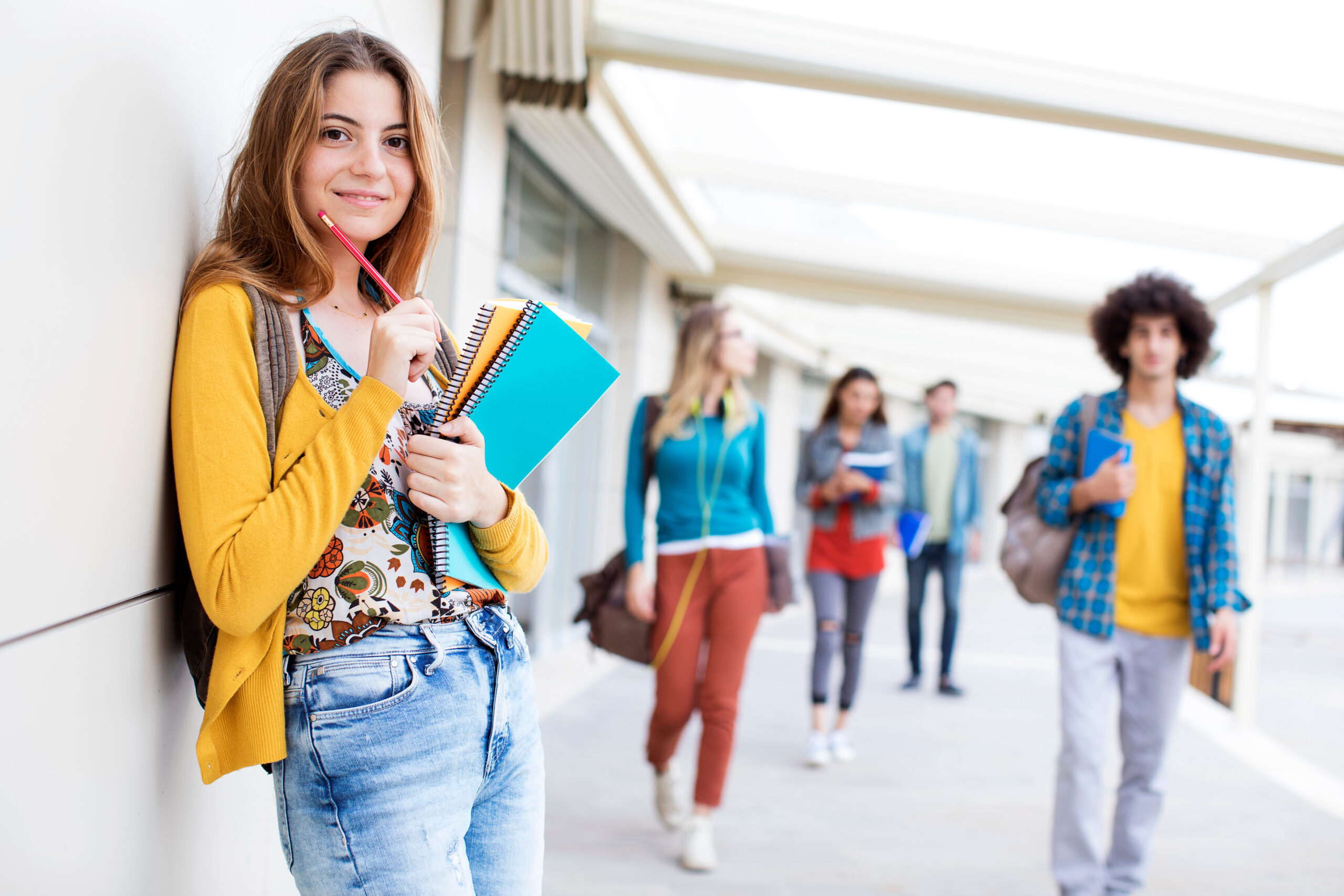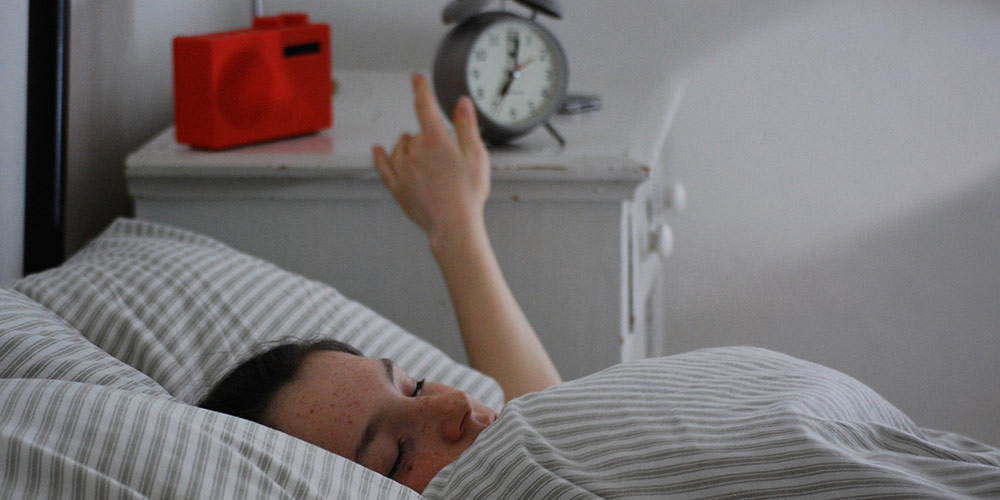Jitters. I’d get my class lists, finalize my lesson plans, and buy a new pair of shoes (tradition, of course). But with the first day looming, my jitters didn’t go away. They increased. I felt like one of the kids: excited, but nervous. But because students and teachers probably feel the same way, there’s some advice for parents during the first month of school that could help us all.
Little shifts in thinking and speaking to your kids at home can go a long way toward improving their behavior and focus in the classroom. When kids are attentive, teachers have more time to teach—and to get to know each student. If you want to help your kids get off to a great start, here are 7 tips from a former teacher with advice for parents during the first month of school.
1. Transition your kids from vacation mode to learning mode.
For the last several weeks, kids have probably enjoyed a less-structured schedule with lots of fun and play during the day. While we still want kids to have fun at school, it’s a different type of fun. And it helps if parents start shifting kids into learning mode so they’re ready to go. It’s like taking off one hat and putting on another. Talk to your kids about this shift: Going to school is your job right now. That means listening to your teachers, trying your best, and being a helpful and kind classmate.
2. Start talking about a growth mindset.
No one child is going to be the best at everything. We know this as moms, but many kids might not. Things are supposed to be more challenging this year. Start encouraging a growth mindset with your kids: It takes time to learn how to read. You may not be able to do this math now, but with practice, you’ll get there. Sharing this wisdom at home will make their attitudes (and effort!) better in the classroom.
3. Encourage effort over results.
If your child is trying hard, that’s what teachers want to see. The grade at the end of an assignment matters less. Years from now, no one will remember the grade. But your child’s effort, diligence, and determination will carry her through every challenge, every school year. So, praise her for that persistence you’re witnessing at home. I love how you keep at it! Wow—you have a lot of grit! Keep it up! Your child will hear your words and apply that effort in the classroom as well.
4. Kick them outside to burn off energy.
If you haven’t been on a school playground during recess, it’s a sight to see—so much pent up energy bursts through these kids’ bodies. When they head back inside, they’re ready to return to work. And it’s true—the CDC says that recess improves kids’ memory, attention, and concentration. I’ve seen it with my own kids as well. Playing outside, getting fresh air, and burning off steam after school also helps them sleep better at night. Walking the dog, playing on a backyard play set, or taking a bike ride around the block all count.
5. Encourage your child to talk with the teacher.
I loved getting to know my students on a personal level. I liked hearing about their hobbies and the little things that made them happy. And I’ve noticed that if a child feels comfortable with his teacher, it helps with learning. So, my advice for parents during the first month of school is to be positive and supportive about your child’s teacher. Your child will get the message that his teacher is on his side. And he might feel more comfortable approaching her during the day—with a school-related question or to share a tidbit about his life.
6. Encourage a “go with the flow” mentality.
In first grade, I remember calling my teacher “Mom” and feeling so embarrassed! But I found out later these sorts of things happen all the time. It’s OK to forget where you sit or where the bathroom is. Mistakes happen. At home, try practicing a more “go with the flow” response to help with unexpected changes or upsets. We want kids to be easier on themselves at school when things don’t go the way they want!
7. Help your child focus on developing (new) relationships.
There’s nothing wrong with maintaining old friendships. But do encourage your child to make new ones too. Whenever they get to know new people, their worlds grow. And in our screen-oriented world today, practicing social skills is more important than ever. It’s especially true for the kids who lost opportunities to socialize during the COVID pandemic.
But all kids can benefit from making new friends. And it just might make getting out of bed in the morning and going to school easier too.
What other advice for parents during the first month of school might you offer?










